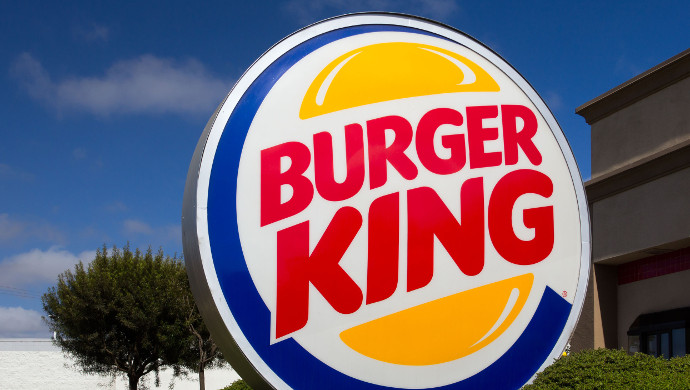Also, Malaysia’s DahMakan enters Thailand, Singapore’s DocDoc raises US$5.45 million

Burger King Indonesia’s website has been infected with crypto-mining malware [DailySocial]
The official website of fastfood chain Burger King Indonesia has been infected with crypto-mining malware. Based on the lead received by DailySocial, the malware is located at the footer part of the page and it led to a Coinpot.co site (which mines Dogecoin). The malware caused CPU usage to increase by more than 100 per cent.
In November 2017, a similar incident happened to online news portal Beritasatu. According to the company, the malware was planted by a third-party ad provider.
Malaysia foodtech startup DahMakan enters Thailand via an acquisition [e27]
Malaysia food delivery startup DahMakan has enter Thailand via an acquisition its Thai counterpart Polpa for an undisclosed sum. Polpa will continue to operate under its original name due to its strong brand recognition and loyal customer base in Thailand.
Dr. Julian Timings, co-founder of Polpa, will join DahMakan’s executive team as the General Manager of Thailand while its other co-founder Prongfa Uennatornaranggoon will join as the company’s Head of Food Product.
After Thailand, DahMakan plans to enter Indonesia by Q1 2018.
Singapore’s medtech startup DocDoc raises US$5.45 million [e27]
Singapore-based startup DocDoc, a virtual network of physicians and hospitals supporting patients to find quality medical care in Asia, has raised US$5.45 million in new funding round, led by London-based investment company Adamas Finance Asia Limited (ADAM).
ADAM invested US$2 million via a convertible bond offering alongside regional family offices and high net-worth individuals.
DocDoc will use the newly-raised capital to scale its doctor discovery product.
DocDoc has a network of over 23,000 physicians, 600 clinics and 100 hospitals, the medtech platform enables patients to find the right care at the right time. It combines expertise in clinical informatics, Artificial Intelligence, and healthcare quality assessment to deliver healthcare solutions.
Singapore government to launch punitive actions against bike-sharing users who park bikes illegally [The Straits Times]
The Singapore government has passed a bill to rein in the rise of indiscriminate bicycle parking caused by bike-sharing users.
This measure temporarily bans a bike-sharing user from renting a bicycle again if they are caught parking illegally at least three times in a calendar year.
The government also passed laws requiring bike-sharing operators to apply for a license and control the size of their fleets; the cap of fleet sizes will differ from each operator, and is based on their ability to manage indiscriminate parking and ensuring the bikes are properly used.
Also Read: Indonesian bike-sharing startup Banopolis tests service at University of Indonesia campus
The Land Transport Authority (LTA) also enacted new industry standards on how quick an operator has to act on illegally parked bicycles, as well as the use of geo-fencing technology.
Punitive actions, such as a reduction of fleet size and a fine of up to S$100,000 for each instance of non-compliance, or suspension or cancellation of licenses will be enacted against the operators if they fail to abide by LTA’s new industry standards.
Alibaba looking to acquire Rocket Internet’s Pakistan unit [Bloomberg]
Chinese internet giant Alibaba has set its sights on Rocket Internet’s Pakistan unit called Daraz. Both companies declined to comment.
The development comes as Pakistan’s retail market is estimated to expand by 8.2 per cent per annum from 2016 through 2021, according to Euromonitor. This surge can be attributed to a rise in economic expansion, increasing disposable income and cheaper consumer prices in the country.
Pakistan currently has around 30 million internet users, so if the Pakistan’s retail sector continues its positive growth trajectory, the market for e-commerce will be huge.
—
Additional reporting by Anisa Menur
Image Credit: wolterk / 123RF Stock Photo
The post Today’s top tech news, March 20: Burger King Indonesia’s website infected with crypto-mining malware appeared first on e27.